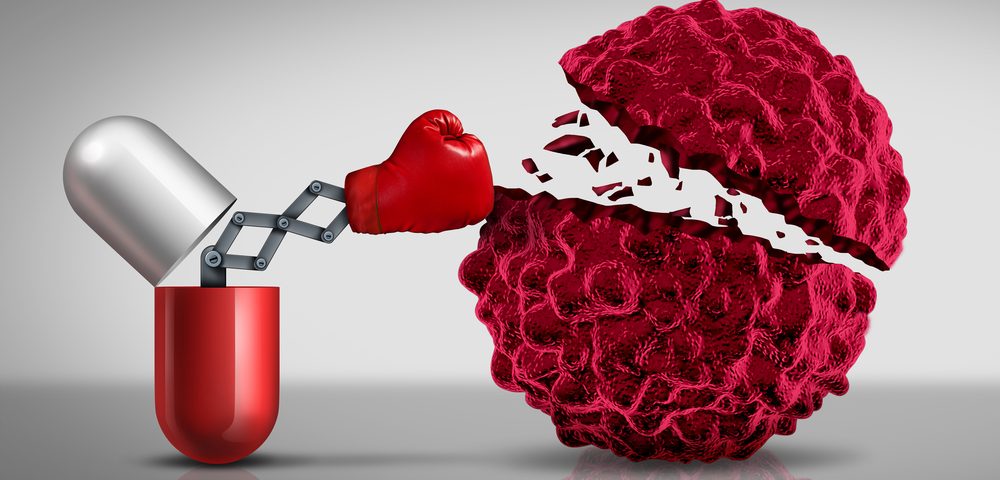Patients with advanced or recurrent gastric cancers whose tumor is unable to be removed by surgery and who are intolerant or progressed following standard therapy may benefit from the anti-PD-1 agent Opdivo (nivolumab), according to recent results of a Phase 3 trial.
The ONO-4538-12 clinical trial (NCT02267343), which assessed the safety and effectiveness of Opdivo vs. a placebo in these patients, demonstrated that Opdivo reduced the risk of death by 37%, significantly increasing patients’ median overall survival from 4.14 months to 5.32 months.
Although the results are modest, this is the first Phase 3 trial showing that an immunotherapy agent could improve the survival of pretreated, advanced or recurrent gastric cancer patients, for which there is no standard-of-care treatment.
The results were presented recently in a late-breaking oral presentation at the 2017 Gastrointestinal Cancers Symposium Jan. 19-21 in San Francisco.
“ONO-4538-12 is the first randomized, Phase 3 immuno-oncology trial to demonstrate improved survival for patients with previously treated advanced or recurrent gastric cancer,” Ian M. Waxman, MD, development lead of gastrointestinal oncology at Bristol-Myers Squibb, said in a press release.
“We find these results with Opdivo encouraging, as gastric cancer is a leading cause of cancer death globally and unmet needs remain for patients with advanced forms of this disease who become intolerant to chemotherapy or for whom such treatment has failed,” he added.
ONO-4538-12 is a randomized, double-blind, placebo-controlled trial conducted in Japan, Korea, and Taiwan. It evaluated Opdivo in 480 patients with unresectable advanced or recurrent gastric cancers who are refractory or intolerant to standard therapy for which no standard-of-care treatment options exist.
The study’s primary endpoint was overall survival, and secondary endpoints included progression-free survival, objective response rate, duration of response, and safety of the therapy.
Results showed that patients receiving Opdivo had a median overall survival of 5.32 months, while those on placebo survived for 4.14 months. Opdivo also increased the 12-month overall survival (26.6% vs. 10.9%).
While no patients responded to the placebo, 11.2% achieved a complete or partial response with Opdivo, with a median duration of response of 9.53 months.
Opdivo’s safety profile was similar to that obtained in prior studies in solid tumors, with 42.7% of patients experiencing treatment-related adverse events of any grade, and 10.3% experienced grade 3/4 adverse events, compared to 26.7% and 4.3%, respectively, in placebo-treated patients.
“These results show a clinical benefit with Opdivo for patients with pretreated advanced or recurrent gastric cancer and establish a strong basis for conducting additional studies with Opdivo as a treatment for patients with gastric cancer,” said lead study investigator Yoon-Koo Kang, MD, PhD, of the Department of Oncology at the University of Ulsan College of Medicine, Asan Medical Center in Seoul, Korea.


